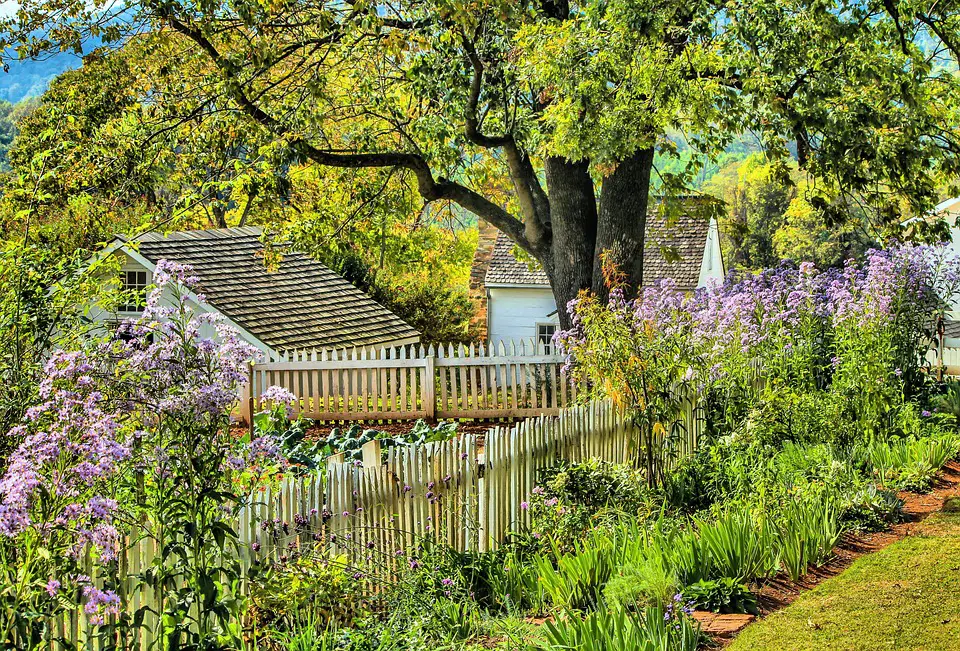Introduction
Garden rooms have become increasingly popular in recent years as a way to transform outdoor spaces into usable and functional areas.
Whether you have a small garden or a large backyard, garden rooms offer a multitude of benefits and possibilities.
In this article, we will explore the different advantages of adding a garden room to your outdoor space and how it can enhance your lifestyle and property value.
Creating Extra Living Space
One of the main benefits of a garden room is the additional living space it provides.
Garden rooms can be used for various purposes such as a home office, a gym, a playroom, or even a guest bedroom.
By having an extra room in your garden, you can free up space inside your house while creating a peaceful, separate area for your desired use.
Bringing Nature Indoors
Garden rooms provide a unique opportunity to connect with nature while enjoying the comforts of an indoor space.
With large windows and doors, garden rooms allow natural light to flood in, creating a feeling of being outdoors while being protected from the elements.
This connection with nature can have a positive impact on mental well-being, promoting relaxation and reducing stress.
Increasing Property Value
An often overlooked benefit of garden rooms is their ability to add value to a property.
With more people prioritizing outdoor living spaces, having a well-designed garden room can significantly increase the overall value of your property.
Potential buyers see garden rooms as an attractive and versatile feature, offering the potential for additional living space and increased functionality.
Flexible Design Options
One of the key advantages of garden rooms is their versatility and ability to be customized to fit any style or purpose.
Whether you prefer a modern, minimalist design or a cozy, rustic retreat, garden rooms can be tailored to match your preferences.
Additionally, they can be insulated and equipped with electricity, allowing for year-round use regardless of the weather.
Cost-Effectiveness
Garden rooms are a cost-effective alternative to traditional home extensions or renovations.
Constructing a garden room is generally quicker and requires fewer permits and disruptions compared to major construction projects.
This affordability makes garden rooms an appealing option for those looking to expand their living space without breaking the bank.
Increased Privacy
If you have close neighbors or live in an urban area, privacy can often be a concern.
Garden rooms provide a secluded space where you can enjoy your outdoor surroundings without feeling constantly exposed.
Whether you’re relaxing, Working, or entertaining guests, a garden room offers a private sanctuary away from prying eyes.
FAQs
Q: Do I need planning permission to build a garden room?
A: In most cases, garden rooms are considered permitted development and do not require planning permission.
However, there are exceptions, such as if your property is listed or located in a conservation area.
It’s always best to check with your local planning authority before commencing any construction.
Q: Can garden rooms be used all year round?
A: Yes, with proper insulation and heating, garden rooms can be used throughout the year.
High-quality materials and efficient insulation will ensure that your garden room remains cozy during colder months.
Q: How long does it take to build a garden room?
A: The construction time for a garden room varies depending on the size, complexity, and design.
However, compared to traditional home extensions, garden rooms can be constructed in a relatively short period, often within a few weeks.
Q: Can garden rooms be attached to the house?
A: Garden rooms can be freestanding or attached to the main house depending on your preferences and available space.
Attached garden rooms offer convenient access from your home and seamless integration with the existing structure.
Q: Are garden rooms only for larger gardens?
A: Not at all! Garden rooms can be designed to fit gardens of all sizes.
Thanks to their versatility, they can be adapted to small, compact spaces, making them suitable for urban properties or those with limited garden areas.




